11 Top Anti-Inflammatory Foods That You Should Eat Regularly
Last updated on
Herbs and cooking spices are some of the top anti-inflammatory foods that you should eat regularly. They contain a wide variety of antioxidants, minerals and vitamins, and help maximize the nutrient density of your meals. Every time you flavor your meals with herbs or spices you are literally “upgrading” your food without adding a single calorie.
In fact, on a per gram fresh weight basis, herbs rank even higher in antioxidant activity than fruits and vegetables, which are known to be high in antioxidants. Many studies have also shown that most spices tend to have unique medicinal qualities.
Top 4 Anti-Inflammatory Spices
In a study, subjects were given “everyday” dosage for one week. These four spices were found to be significantly effective at quelling the inflammatory response:
Inflammation Is at the Heart of Most Chronic Diseases
It’s important to realize that chronic inflammation is the source of many if not most diseases, including cancer, obesity, and heart disease, which essentially makes it the leading cause of death in the US.
While inflammation is a perfectly normal and beneficial process that occurs when your body’s white blood cells and chemicals protect you from foreign invaders like bacteria and viruses, it leads to trouble when the inflammatory response gets out of hand. Your diet has a lot to do with this chain of events.
While among the most potent, ounce for ounce, herbs and spices are certainly not the only anti-inflammatory ingredients available. A number of foods are well-known for their anti-inflammatory properties, and making sure you’re eating a wide variety of them on a regular basis can go a long way toward preventing chronic illness.
7 Top Anti-Inflammatory Foods
The following foods and nutrients deserve special mention for their ability to quell inflammatory responses in your body.
1. Animal-based omega-3 fat
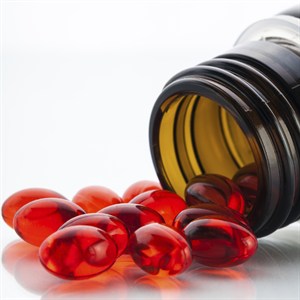
Research published in the Scandinavian Journal of Gastroenterology4 in 2012 confirmed that dietary supplementation with krill oil effectively reduced inflammation and oxidative stress.
2. Leafy greens
Dark leafy greens such as kale, spinach, collard greens and Swiss chard contain powerful antioxidants, flavonoids, carotenoids, and vitamin C—all of which help protect against cellular damage.
Ideally, opt for organic locally grown veggies that are in season, and consider eating a fair amount of them raw. Juicing is an excellent way to get more greens into your diet.
3. Blueberries
Blueberries rate very high in antioxidant capacity compared to other fruits and vegetables. They are also lower in sugar than many other fruits.
4. Tea
Matcha tea is the most nutrient-rich green tea and comes in the form of a stone-ground unfermented powder. The best Matcha comes from Japan and has up to 17 times the antioxidants of wild blueberries, and seven times more than dark chocolate.
Tulsi is another tea loaded with anti-inflammatory antioxidants and other micronutrients that support immune function and heart health.
5. Fermented vegetables and traditionally cultured foods
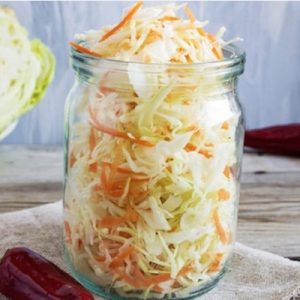
Fermented foods such as kefir, natto, kimchi, miso, tempeh, pickles, sauerkraut, olives, and other fermented vegetables, will help ‘reseed’ your gut with beneficial bacteria. Fermented foods can also help your body rid itself of harmful toxins such as heavy metals and pesticides that promote inflammation.
6. Shiitake mushrooms
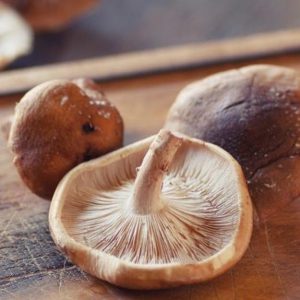
They also contain a number of unique nutrients that many do not get enough of in their diet.
One is copper, which is one of the few metallic elements accompanied by amino and fatty acids that are essential to human health. Since your body can’t synthesize copper, your diet must supply it regularly. Copper deficiency can be a factor in the development of coronary heart disease.
7. Garlic
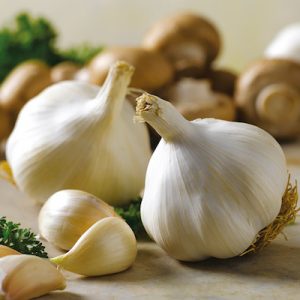
Garlic exerts its benefits on multiple levels, offering anti-bacterial, anti-viral, anti-fungal, and antioxidant properties. It’s thought that much of garlic’s therapeutic effect comes from its sulfur-containing compounds, such as allicin.
Research6 has revealed that as allicin digests in your body it produces sulfenic acid, a compound that reacts faster with dangerous free radicals than any other known compound.
Your Diet Is Key For Reducing Chronic Inflammation
The running thread linking a wide variety of common health problems—from obesity and diabetes to heart disease and cancer—is chronic inflammation. The key to reducing chronic inflammation in your body starts with your diet, and being liberal in your use of high-quality herbs and spices is one simple way to boost the quality of your food. They’re an inexpensive “secret weapon” that just about everyone can take advantage of. Spicing up your meals is not enough, however, if processed foods comprise the bulk of your diet.
It’s important to realize that dietary components can either prevent or trigger inflammation from taking root in your body, and processed foods do the latter, courtesy of pro-inflammatory ingredients like high fructose corn syrup, soy, processed vegetable oils (trans fats), and other chemical additives. Besides adding anti-inflammatory foods to your diet, you’ll also want to avoid the following pro-inflammatory dietary culprits as much as possible:
- Refined sugar, processed fructose, and grains. If your fasting insulin level is three or above, consider dramatically reducing or eliminating grains and sugars until you optimize your insulin level, as insulin resistance this is a primary driver of chronic inflammation. As a general guideline, I recommend restricting your total fructose intake to 25 grams per day. If you’re insulin or leptin resistant (have high blood pressure, high cholesterol, heart disease, or are overweight), consider cutting that down to 15 grams per day until your insulin/leptin resistance has normalized
- Oxidized cholesterol (cholesterol that has gone rancid, such as that from overcooked, scrambled eggs)
- Foods cooked at high temperatures, especially if cooked with vegetable oil (such as peanut, corn, and soy oil)
Replacing processed foods with whole, ideally organic foods will automatically address most of these factors, especially if you eat a large portion of your food raw. Equally important is making sure you’re regularly reseeding your gut with beneficial bacteria, as mentioned above.
To help you get started on a healthier diet, I suggest following my free Optimized Nutrition Plan, which starts at the beginner phase and systematically guides you step-by-step to the advanced level.
Some of the links I post on this site are affiliate links. If you go through them to make a purchase, I will earn a small commission (at no additional cost to you). However, note that I’m recommending these products because of their quality and that I have good experience using them, not because of the commission to be made.
Comments
Leave a Reply

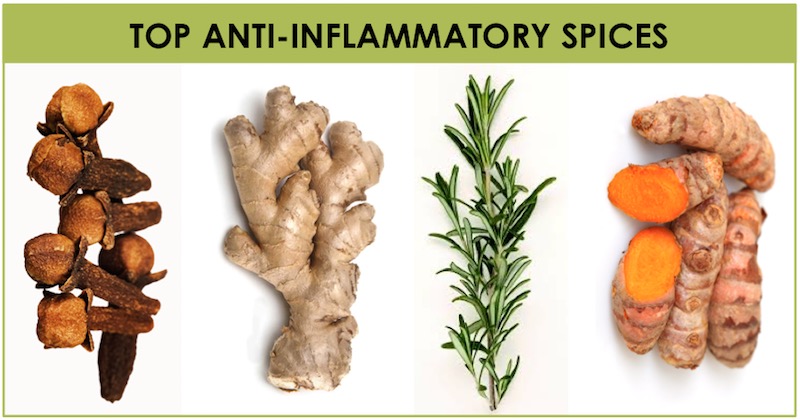
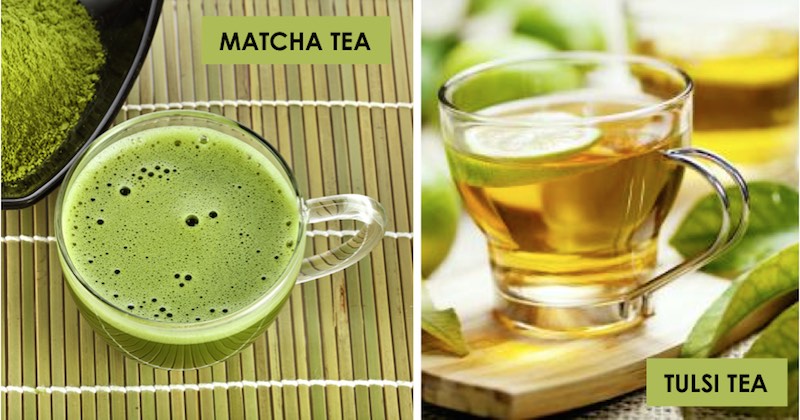
































 JOIN OVER
JOIN OVER
I am using your three-liter fasting juice to great effect. Question: are you really saying to avoid all grains? I have purchased a lot of bagged organic barley for emergency purposes.